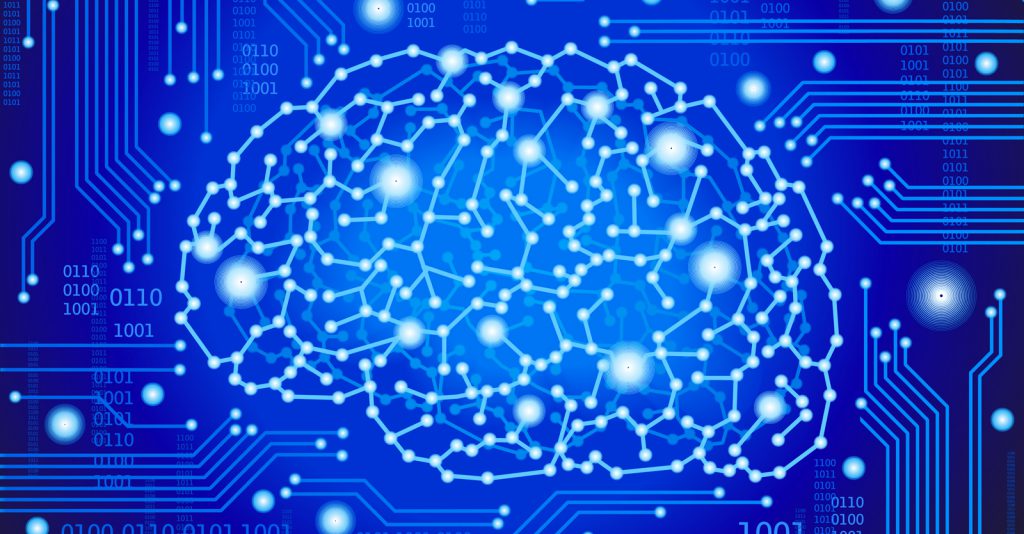
Published October 16, 2014
The New Atlantis - Spring 2014 issue
In her highly influential 1986 book Neurophilosophy, Patricia Churchland recommends that we ask ourselves just what philosophy has contributed to our understanding of human mental processes — just what, that is, compared to the extensive findings of neuroscience. The answer is not much, or even nothing at all, depending on your level of exasperation. Churchland, a professor at the University of California, San Diego, is of the view that philosophical arguments about our existing concepts — the concepts of “folk psychology,” as she calls them — are of no real significance. These philosophical arguments ignore the fact that our folk concepts belong to a theory — a useful theory, and one that gives us a handle on human language and human behavior — but a theory nevertheless. And theories get replaced by better ones. That, Churchland tells us, is what is happening, as neuroscience takes over from folk psychology, providing better explanations of human behavior than could ever be obtained from our old-fashioned language of belief, perception, emotion, and desire. In the wake of Churchland’s book, whole disciplines have sprung into being, proudly sporting the prefix “neuro-” by way of attaching themselves to Churchland’s banner. We have entered a new period in which philosophy, once the handmaiden of theology, is seen by a substantial community of its practitioners as the handmaiden of neuroscience, whose role is to remove the obstacles that have been laid in the path of scientific advance by popular prejudice and superstitious ways of thinking.
On the other hand, the concept of the person, which has been a central concern of philosophy at least since the Middle Ages, resists translation into the idiom of neuroscience, being associated with ways of understanding and interpreting human beings that bypass causal laws and theory-building categories. We evaluate human conduct in terms of free choice and responsibility. Persons are singled out from the rest of our environment as recipients of love, affection, anger, and forgiveness. We face them eye to eye and I to I, believing each person to be a center of self-conscious reflection who responds to reasons, who makes decisions, and whose life forms a continuous narrative in which individual identity is maintained from moment to moment and from year to year. All those aspects of our interpersonal understanding are assumed in moral judgment, in the law, in religion, politics, and the arts. And all sit uneasily with the picture of our condition that is advocated by many students of neuroscience, who describe the supposedly distinctive features of humanity as adaptations, more sophisticated than the social skills to be observed in the other animals, but not fundamentally different in their origin or function. These adaptations, they suggest, are “hardwired” in the human brain, to be understood in terms of their function in the cognitive processing that occurs when sensory inputs lead to behavioral outputs that have served the cause of reproduction. Moreover, the neuroscientists are likely to insist, the brain processes that are represented in our conscious awareness are only a tiny fragment of what is going on inside our heads. In the charming simile David Eagleman offers in his book Incognito, the “I” is like a passenger pacing the deck of a vast oceangoing liner while persuading himself that he moves it with his feet…
Read the rest of this article at TheNewAlantis.com.




